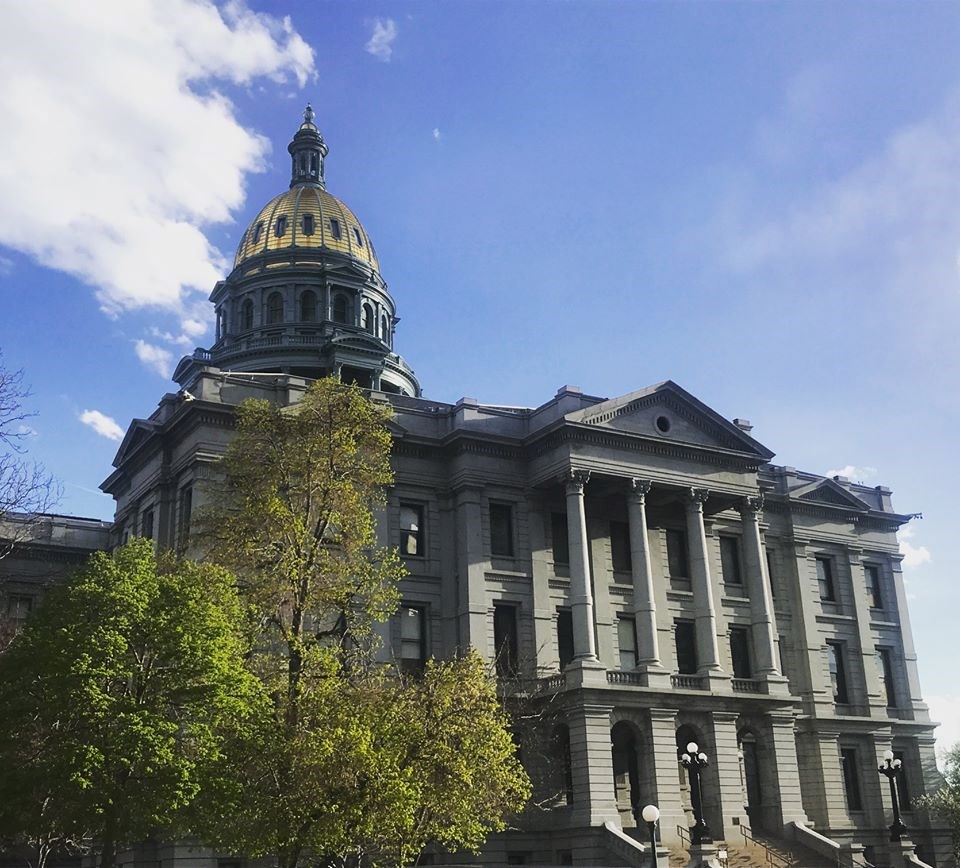On June 15, the Colorado 2020 legislative session adjourned sine die. Under normal circumstances, the Legislature would already be adjourned. This year, the Legislature first adjourned early because of the COVID-19 stay-at-home order, then resumed after Memorial Day to finish the necessary work of the 2021 budget. The original expectation was the Legislature would address little but the budget and perhaps some pandemic concerns. But it turned out to be a historic session.
In last week’s Capitol Letters column we highlighted two major actions begun in the June post-session. This week we’ll see how the response to the Black Lives Matter movement turned out. Next week, the Gallagher referendum.
Enhance Law Enforcement Integrity
Senate Bill 20-217 has passed both the Senate and the House, and the Senate then voted to concur with the House amendments. The bill is ready to go to the governor’s desk for his signature. Gov. Polis announced in a Tweet that he intends to sign.
The initial provisions of the bill were described in last week's column. Some amendments to the Senate Bill were introduced in the House, and these amendments were sufficient to garner the support of many police chiefs, sheriffs and district attorneys. A summary of the amendments includes:
-
The House elaborated on several definitions which do not substantively change the intent of the bill, but work to clarify implementation.
-
If an officer fails to appropriately activate a body-worn or dashboard camera, then the missing footage can be deemed to have contained evidence of misconduct by the officer. In the case of a camera malfunction this clause doesn’t apply.
-
The qualified immunity defense against civil suits on police officers is set aside.
-
There were many, largely good amendments regarding personal privacy of the victim and bystanders, and generally on the handling, retention and release of body and dash cam recordings.
-
New authority is given to the Colorado Police Officer Standards and Training Board. Strong penalties are imposed for officer misconduct in violation of the proposed ordinances.
Impacts of this bill
As predicted, SB20-217 passed with amendments, and is not so controversial that the governor hesitates to sign. For the Democrats in the Legislature, it was a must-pass. Many Republicans supported it. Gov. Polis immediately announced his support. All this backing should guarantee that local police forces, cities and counties will take the resulting laws very seriously. And that’s what is needed if the bill is to make a difference.
The upside: Process reviews and community forums will be held. Data on police outcomes that’s been collected and left lying around will be processed, studied, mined and published. Community forums will be held to add qualitative data to the quantitative data we have. Practices will be scrutinized by outcome, and better practices adopted over worse ones. Institutions who engage with the community in this way, in good faith, will see the most improvement.
In short, this legislation forces community engagement, review and reform to begin.
The risks: The main risk is that this good start will be seen as a full solution, and when it becomes clear that it’s not, there will be an overreaction that moves in unproductive directions. The Colorado Legislature did such an improbably good job on short notice that there was no time to set expectations. This is a set of Band-Aids and scaffolding for future reforms, in that it ensures there will be data to support future analysis.
Community policing is a culture. I am skeptical it can be implemented by a self-selected group of people who tend to be authoritarian and place faith in the use of force as a way to solve problems. But that is what many, probably most, police forces are.
One huge risk is that when these new rules and new enforcement powers don’t effect a transformation, there will be a rush to impose more solutions from without. The second wave will be more extreme and may cause a backlash. The real solutions must grow from within, by changes in culture and changes in personnel. We’ve got a lot of cops now who just should not be cops.
The lesson of Longmont is that it takes time and intention to build a less violent community police force, no matter how you name it and no matter how you govern it. It depends on who you hire and then, once hired, how you nurture them in their work. Imposing rules from without, no matter how wise, no matter how firmly enforced, only partially solves police brutality and discriminatory application of the law. The rest is going to take longer.



